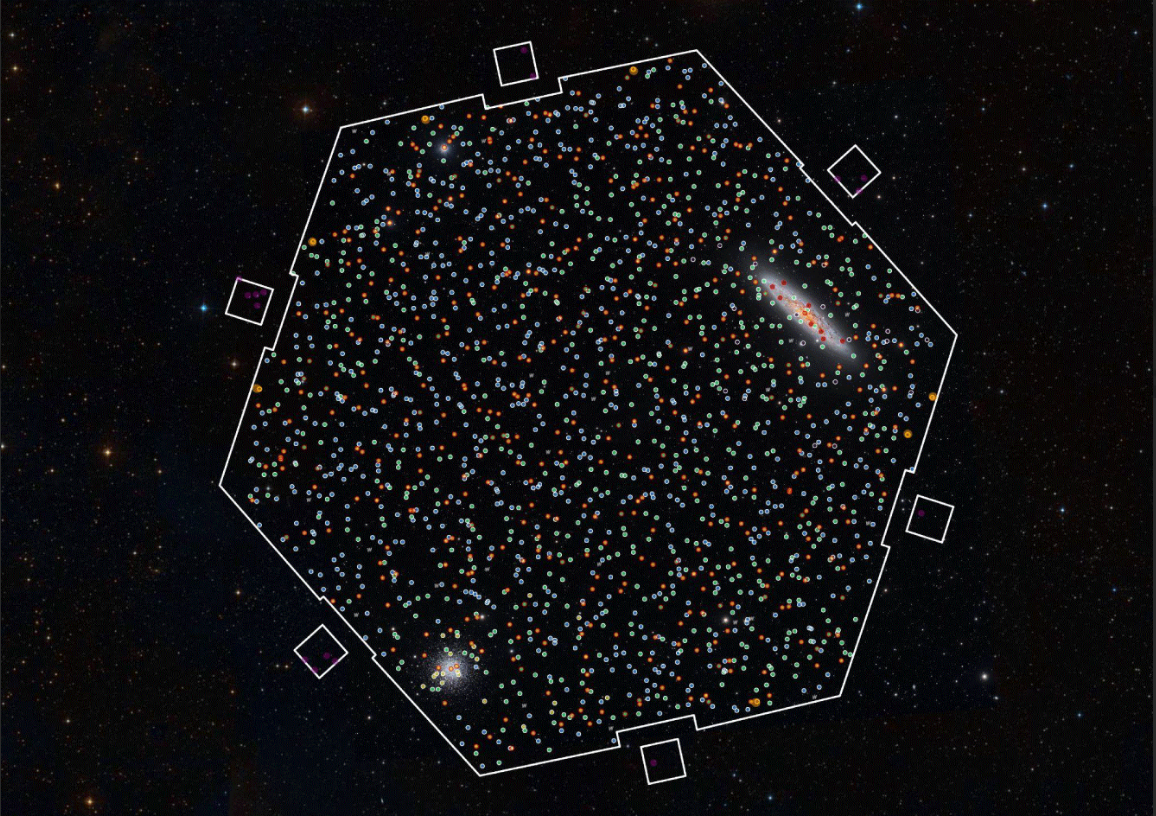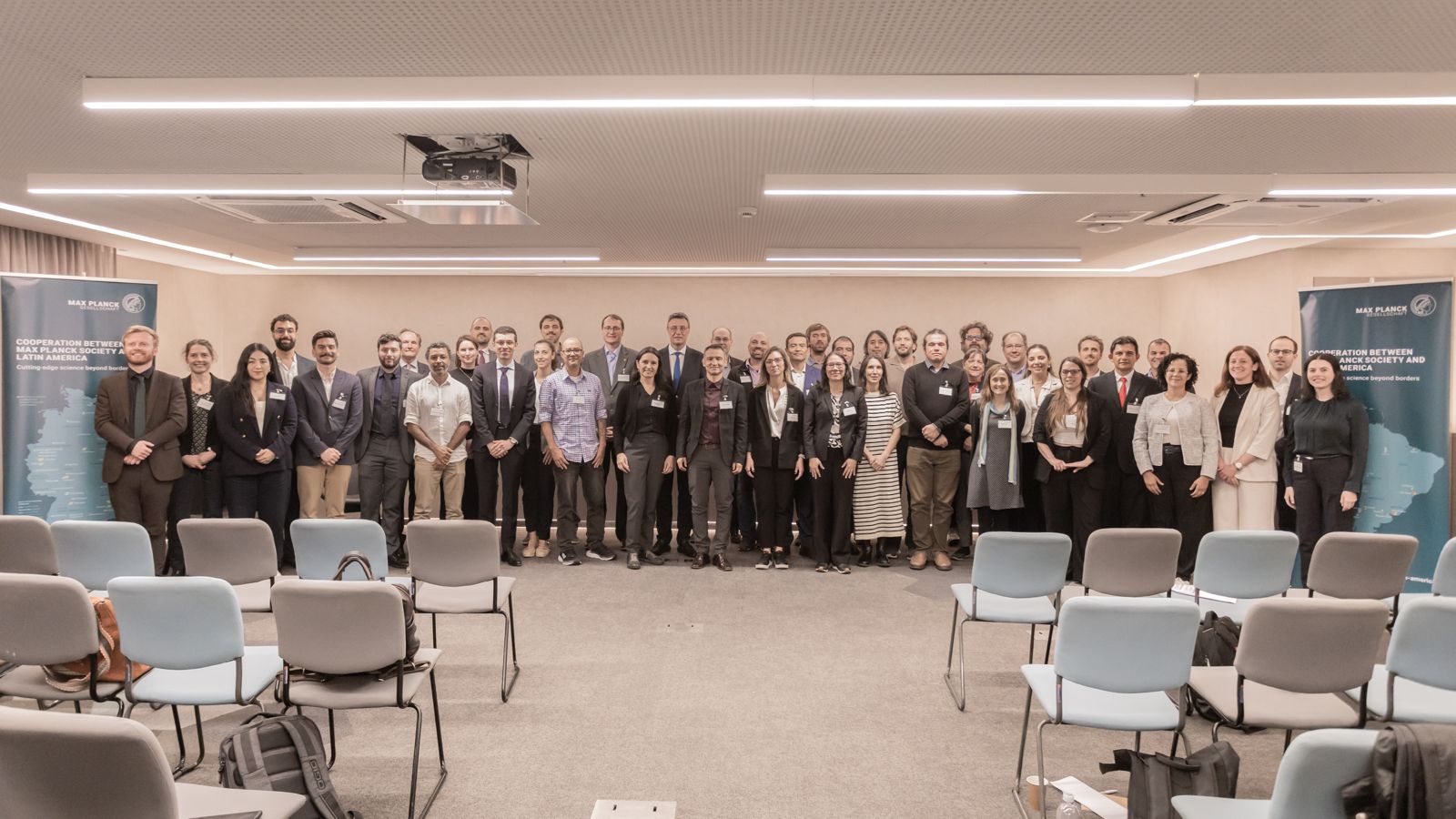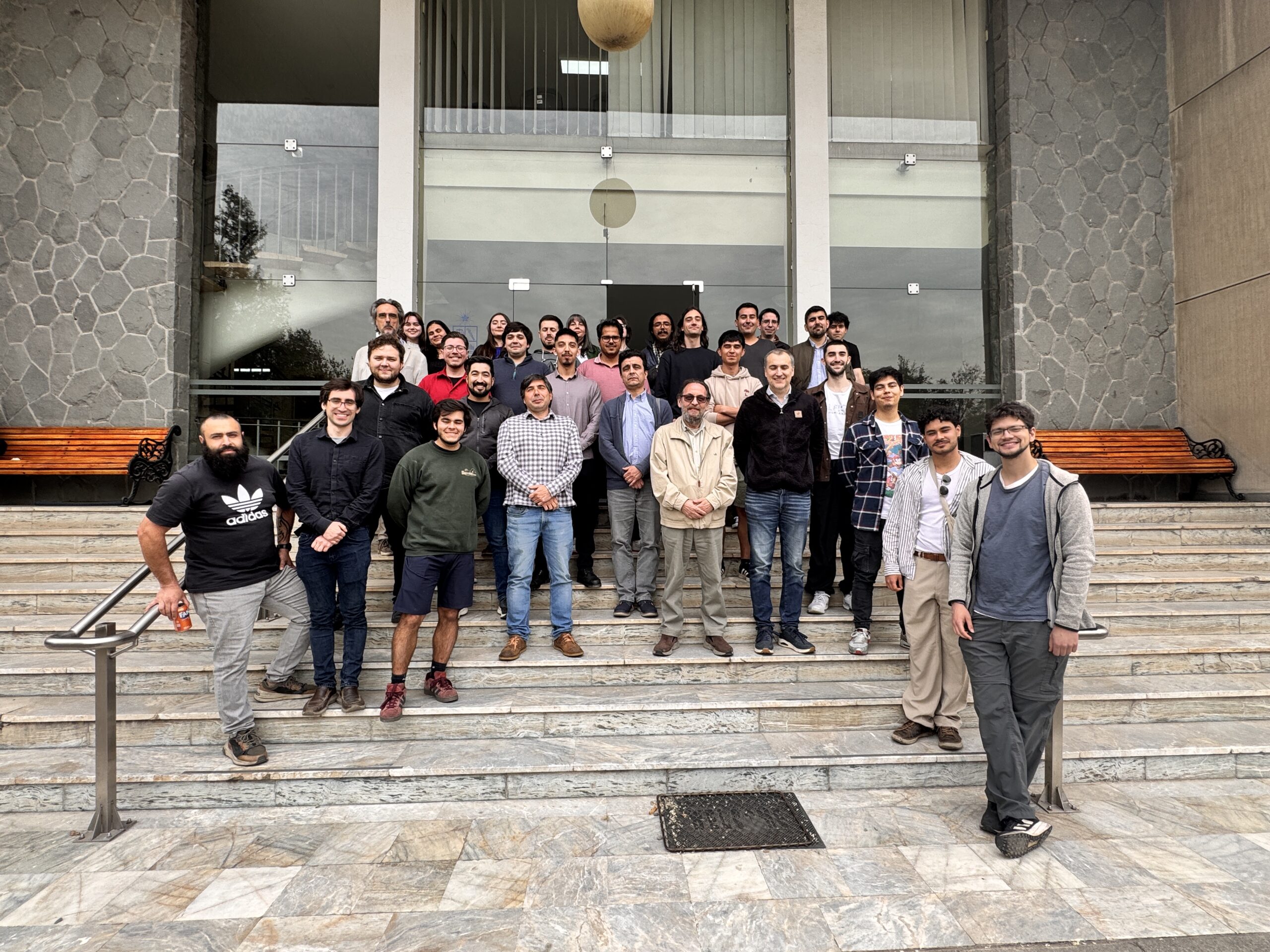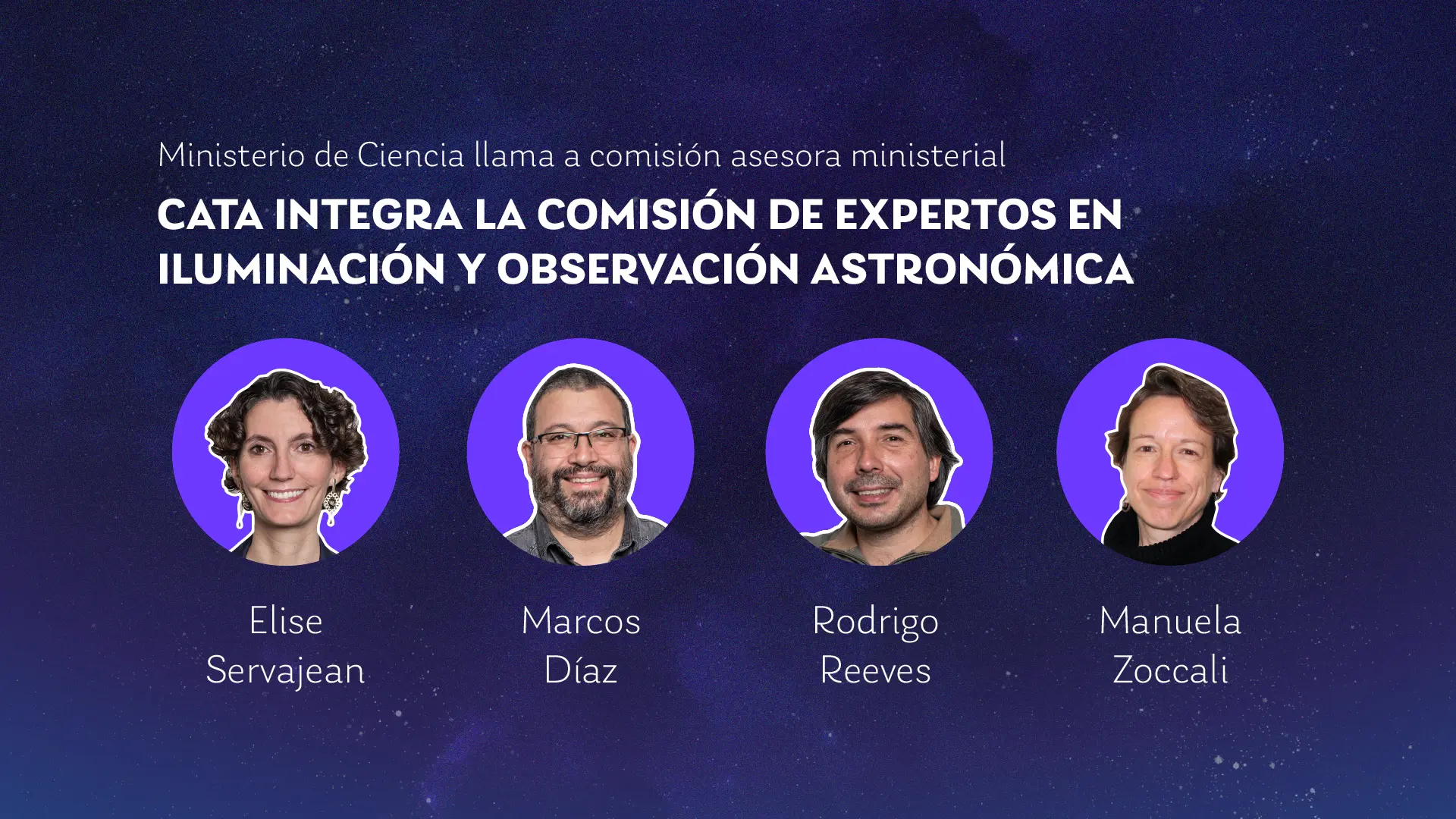
Four CATA researchers form expert commission of the Ministry of Science
The Ministry of Science has formed a commission of experts in illumination and astronomical observation to guarantee the protection of areas of scientific value. Four CATA researchers are part of this group.
The Chilean Ministry of Science, Technology, Knowledge and Innovation announced the formation of a new ministerial advisory commission that will provide input to update Decree No. 2, which creates areas of scientific value for astronomical research and observation.
This initiative is made up of scientists and specialists in astronomical observation, light pollution, efficient lighting, technologies, observational operations and electrical engineering. Its work will focus on the need to update current areas, given the growing scientific evidence and the constant advance of technology in the field of astronomy. This, in accordance with the current legislation that gives attributions to this ministry to define the areas of scientific and research value for the observation of this science.
Four astronomers from the Center for Astrophysics and Related Technologies (CATA) were chosen to be part of this work: our General Manager, Elise Servajean and Research Associates Manuela Zoccali (Pontificia Universidad Católica de Chile), Marcos Díaz (Universidad de Chile) and Rodrigo Reeves (Universidad de Concepción).
“I am very happy to have been invited to participate in the Ministerial Advisory Commission and I assume this role with great responsibility. Our goal is to ensure the best quality of our skies, not only by controlling light pollution, but also by protecting the low atmospheric turbulence and minimizing factors such as dust lifting, which could affect the preservation of telescope mirrors, among other key aspects. We will ensure the protection of astronomical sites with a more updated and comprehensive vision that overcomes the limitations of the current Decree N°2 and adapts to the needs and challenges of the present”, commented Elise Servajean.
For his part, Marcos Díaz, Associate Researcher at CATA, highlights the challenges to be addressed by this group of experts, among them “the ability to anticipate emerging problems, such as the impact of satellite constellations on astronomical observation, which was not foreseen until it became a reality. And the harmonization of public policies that allow us to balance the development of activities without affecting astronomical capacity, which may originate in space, outside Chilean jurisdiction. In addition to light pollution for optical observatories, there are other risks for radio telescopes in the millimeter/submillimeter bands. The key could be that we not only need local regulation, but also international cooperation”, emphasized the academic from the University of Chile.
Manuela Zoccali, Associate Researcher of our institution and academic of the Pontificia Universidad Católica, emphasizes that it will be hard work, but important for the new standards for the care of the Chilean skies: “It will be a time of hard work, but it will be important that we work actively to take care of an important heritage, not only for us, but for all humanity. We hope that the result will be a set of important requirements that facilities throughout the country must comply with to take care of our windows to the Universe”, said the astronomer.
Finally, Rodrigo Reeves, Associate Researcher of our Center comments on the contribution of all the members of this working group and the fact that CATA is present at the meeting. “We are researchers who, according to our experience, have been invited to participate in this commission and according to the different aspects that each one of us has developed in our previous work. The idea is to be able to contribute with knowledge, such as qualitative analysis or the use of data, and different perspectives, whether observational or theoretical. From CATA we have an important participation in this commission, which definitely has to be highlighted, since the participation of the Center in this definition of public policies is of great relevance”, emphasized the academic of the Universidad de Concepción.
The new advisory committee will have a four-month term of operation and the updated Decree N°2 is expected to be ready in January of next year. The participation of our general manager and researchers represents the commitment of the Center for Astrophysics and Related Technologies to the protection and advancement of astronomical studies and science in general.
Recent news
-
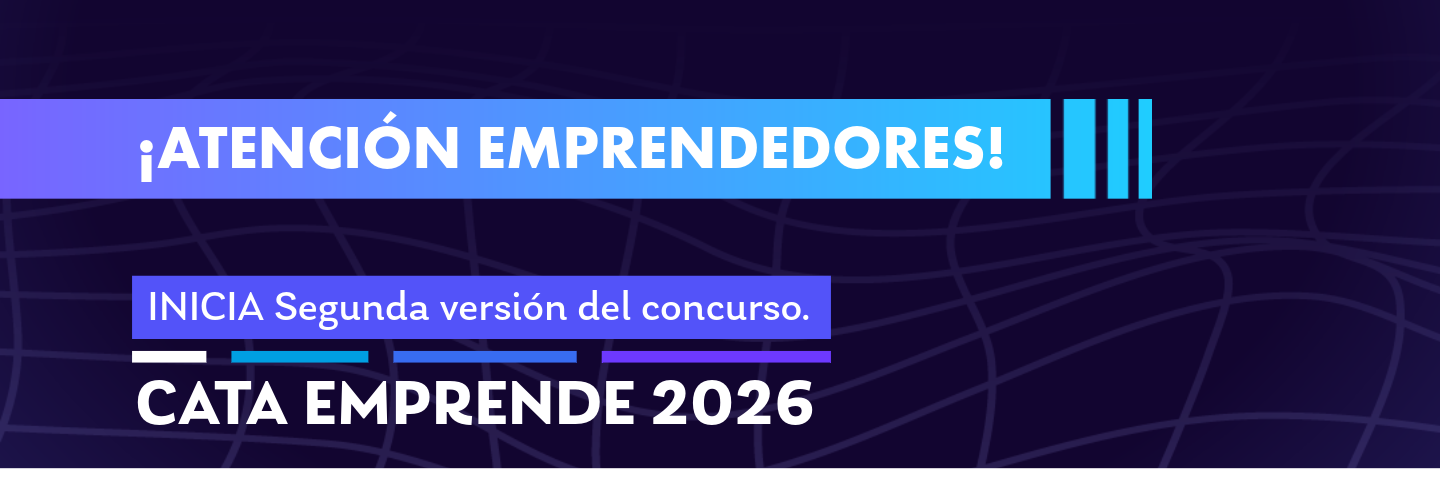 Publicado el: 12/12/2025Call for applications for the 2026 “Cata Emprende” program now open
Publicado el: 12/12/2025Call for applications for the 2026 “Cata Emprende” program now open -
 Publicado el: 05/12/20252026 Applied Research Fund opens
Publicado el: 05/12/20252026 Applied Research Fund opens -
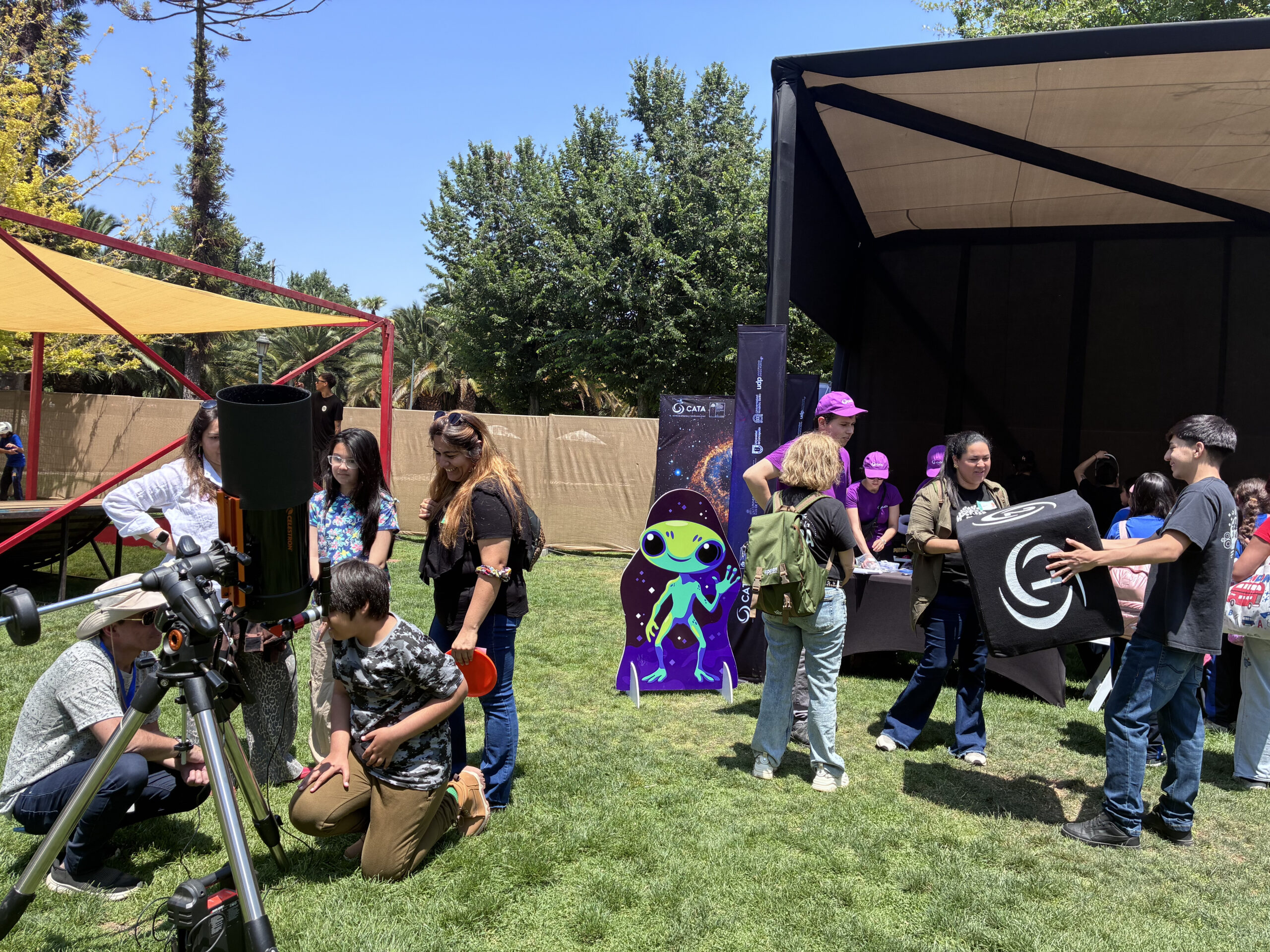 Publicado el: 01/12/2025The astronomical experience was part of the 4th Ladera Sur Festival.
Publicado el: 01/12/2025The astronomical experience was part of the 4th Ladera Sur Festival. -
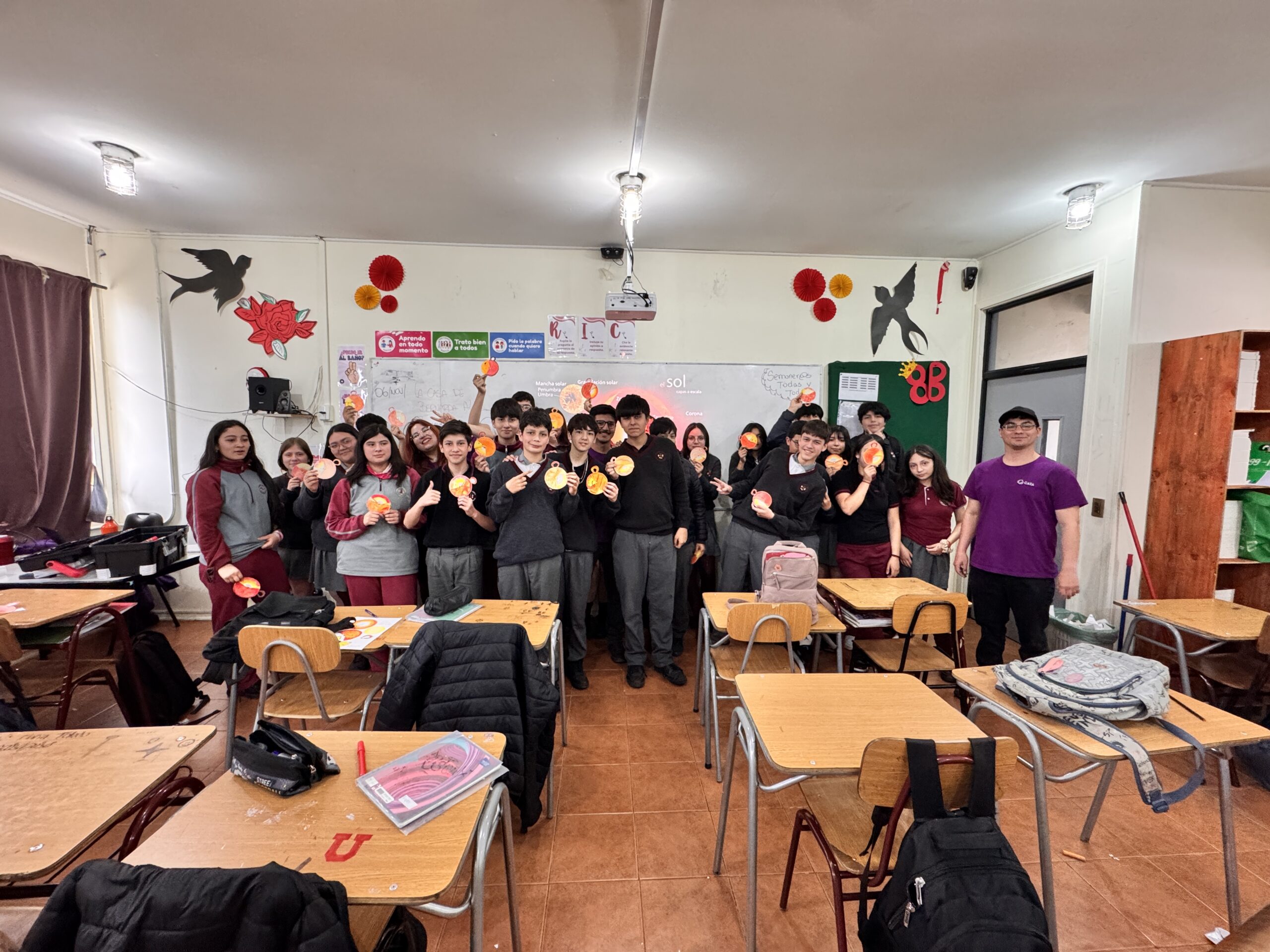 Publicado el: 25/11/2025Students from Angol held an astronomy workshop with CATA
Publicado el: 25/11/2025Students from Angol held an astronomy workshop with CATA -
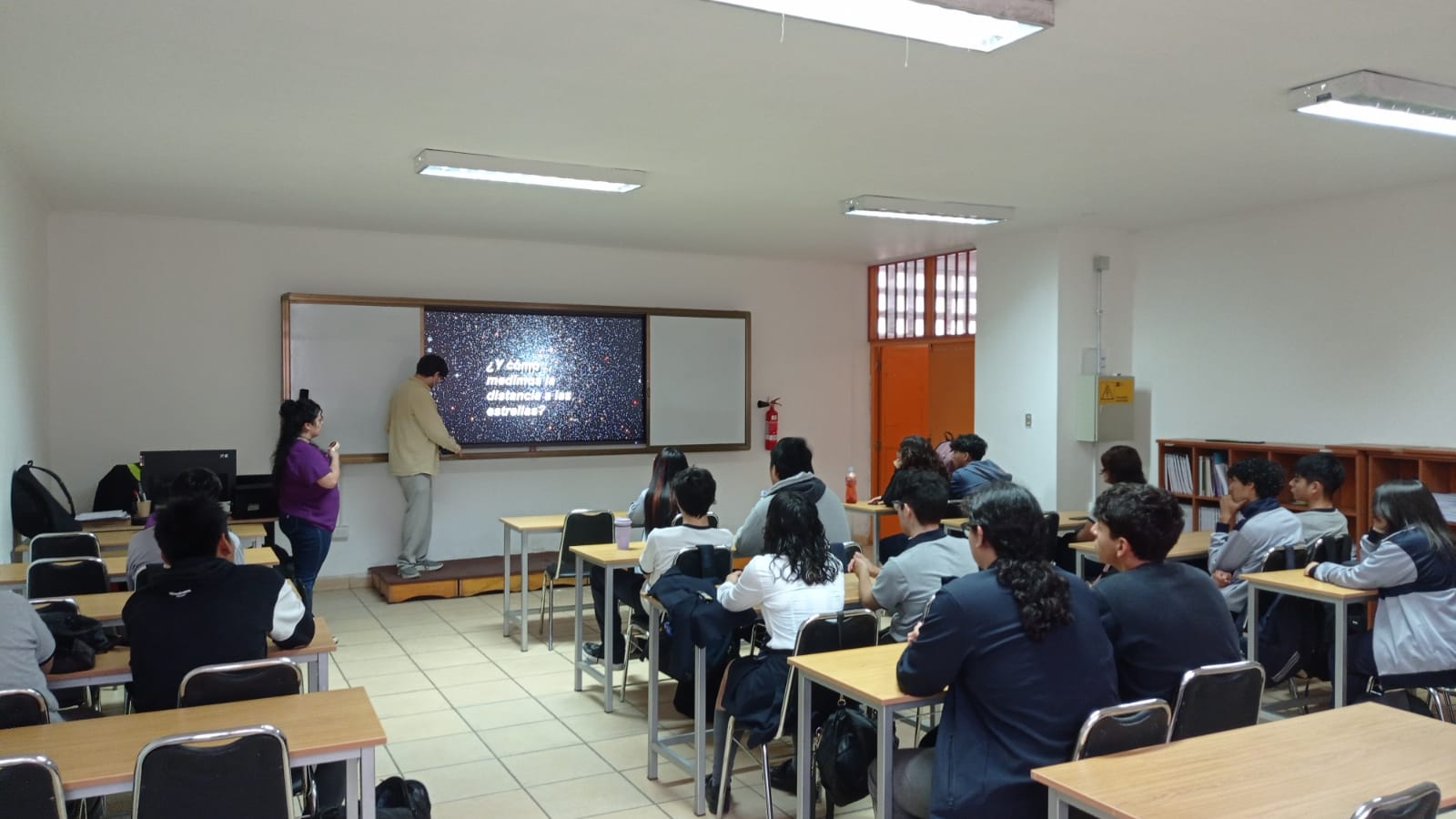 Publicado el: 17/11/2025Astronomy outreach reached communities in the Arica and Parinacota region
Publicado el: 17/11/2025Astronomy outreach reached communities in the Arica and Parinacota region
Categories list
- Acknowledgments 21
- Astrobiology 6
- AstroCluster 1
- Black holes 18
- Corporativo 57
- Cosmology 5
- Descubrimientos 22
- Disclosure 74
- Exoplanets 13
- Extension 6
- Galaxies 21
- Galaxies formation 5
- Inter y Transdisciplina 4
- Local Universe 16
- Publications 6
- Sin categorizar 34
- Solar System 21
- Stellar formation 8
- Technology 16
- Technology Transfer 18
